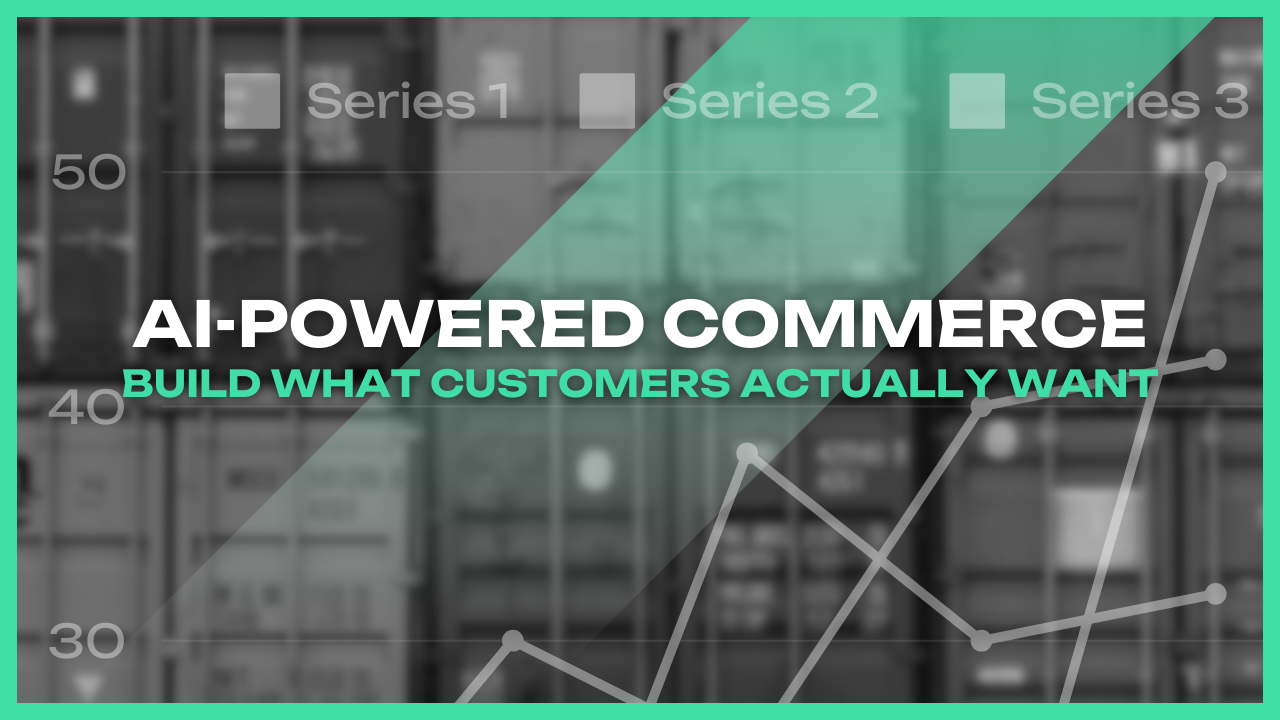.jpeg)
Our primary goal in designing the learning curriculum for BMO's internal innovation sprint: "Destination Digital 2024" was inclusivity. The T&O group at BMO encompasses many employees of varied roles, many of whom may not have a technical background or familiarity with the technology tools involved in the event. This diversity in technical and business backgrounds, while a strength, also posed a challenge in ensuring that all participants could get the most out of the learning curriculum workshops during Destination Digital 2024.

Here were some of the steps we took to address this challenge:
1. Segmenting our Technology Partner Workshops:
- Foundational Workshops: These sessions were designed to cover basic concepts and tools, making them accessible to participants with little to no technical background. By focusing on fundamental knowledge, we ensured that everyone, regardless of their starting point, could follow along and gain valuable insights.
- Intermediate Workshops: For those with more experience or a higher level of technical knowledge, we offered intermediate sessions. These workshops delved deeper into more complex topics, and often included a live demo where technology partners would guide participants through how to use the tool.

2. An Extended Timeline:
- A 7-Week Learning Curriculum: Instead of cramming all the workshops into a short period, we spread them out over seven weeks. This reduced the intensity of the learning experience and allowed participants to absorb and reflect on the material at their own pace, enhancing their understanding and retention.
- Flexible Scheduling: By offering workshops across the week and recording sessions for later viewing, we accommodated participants' busy schedules. This flexibility ensured that everyone, regardless of their work commitments, could benefit from the learning opportunities.
3. Supportive Learning Environment:
- Mentorship and Guidance: We paired participants with mentors who could provide personalized guidance and support throughout the learning journey. These mentors, often more experienced colleagues, played a vital role in helping participants navigate challenges and enhance their learning experience.
- Office Hours with Technology Partners: This allowed participants to ask questions related to any of the specific technology tools they would like to use and get support in ideating solutions from the technology partners.
4. Diverse Learning Materials:
- Variety of Resources: We provided a range of learning materials, including videos, articles, and interactive tools, catering to different learning styles. By offering diverse resources, we ensured that participants could choose the formats that worked best for them, enhancing their overall learning experience.
- Real-World Applications: Wherever possible, we linked the workshop content to real-world applications and scenarios relevant to the participants' roles and this year’s challenge themes. This practical approach helped bridge the gap between theory and practice, making the learning more relevant and impactful.

Useful Insights:
Our approach to making the learning curriculum more inclusive had several valuable insights:
1. Recorded Workshops:
- Convenience and Flexibility: The ability to watch recorded workshops at their convenience was particularly appreciated by participants. This feature allowed them to learn at their own pace and fit the sessions into their busy schedules. It also enabled them to revisit the content as needed, enhancing their understanding and retention.
- Accessibility for All: Recorded sessions made the learning more accessible to everyone, including those who might have missed a live session due to other commitments.
2. "Pitch Like a Pro" Workshop:
- Focus on Public Speaking: This workshop was a standout success, with participants learning pro pitching techniques and key presentation best practices. Many employees, particularly in more technical roles, often do not get the opportunity to develop their public speaking skills in their usual day-to-day. This workshop provided them with essential tips and techniques, boosting their confidence and effectiveness in presenting their ideas and solutions.
- Practical and Engaging Content: The workshop included practical exercises and real-world examples, making the content engaging and relevant. Participants were able to apply what they learned directly at the innovation sprint the following week, which enhanced their learning experience and outcomes.
If you want to learn about additional insights from DD 2024 click here to read our most recent post breaking down the event.





.png)


































.jpeg)














.jpeg)

























